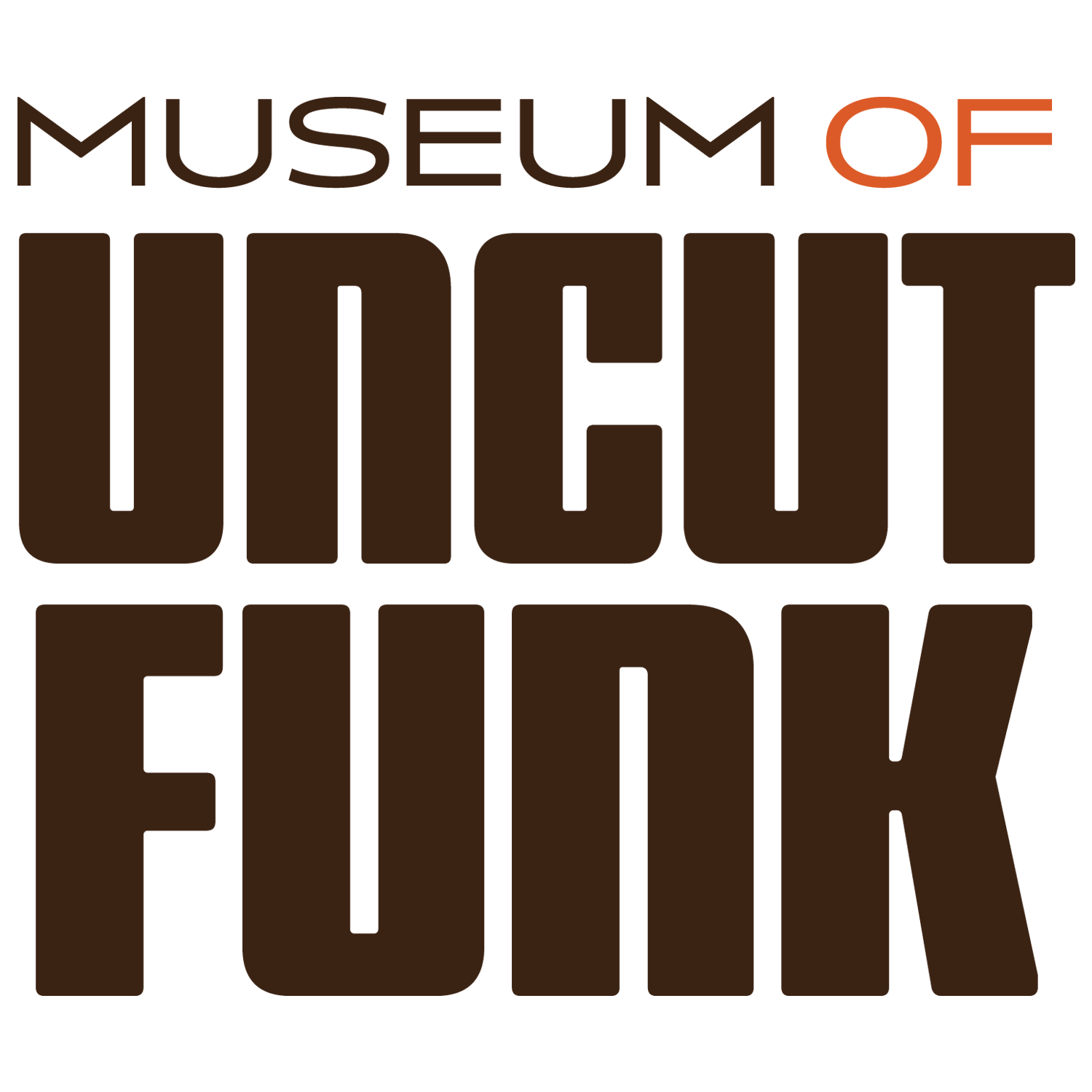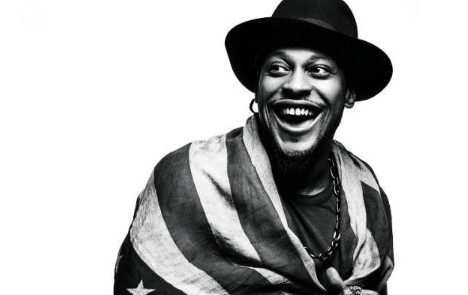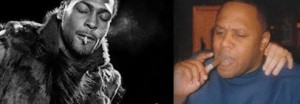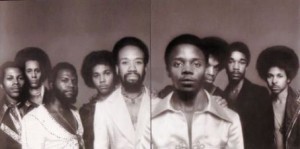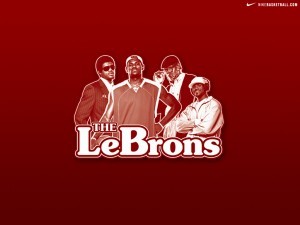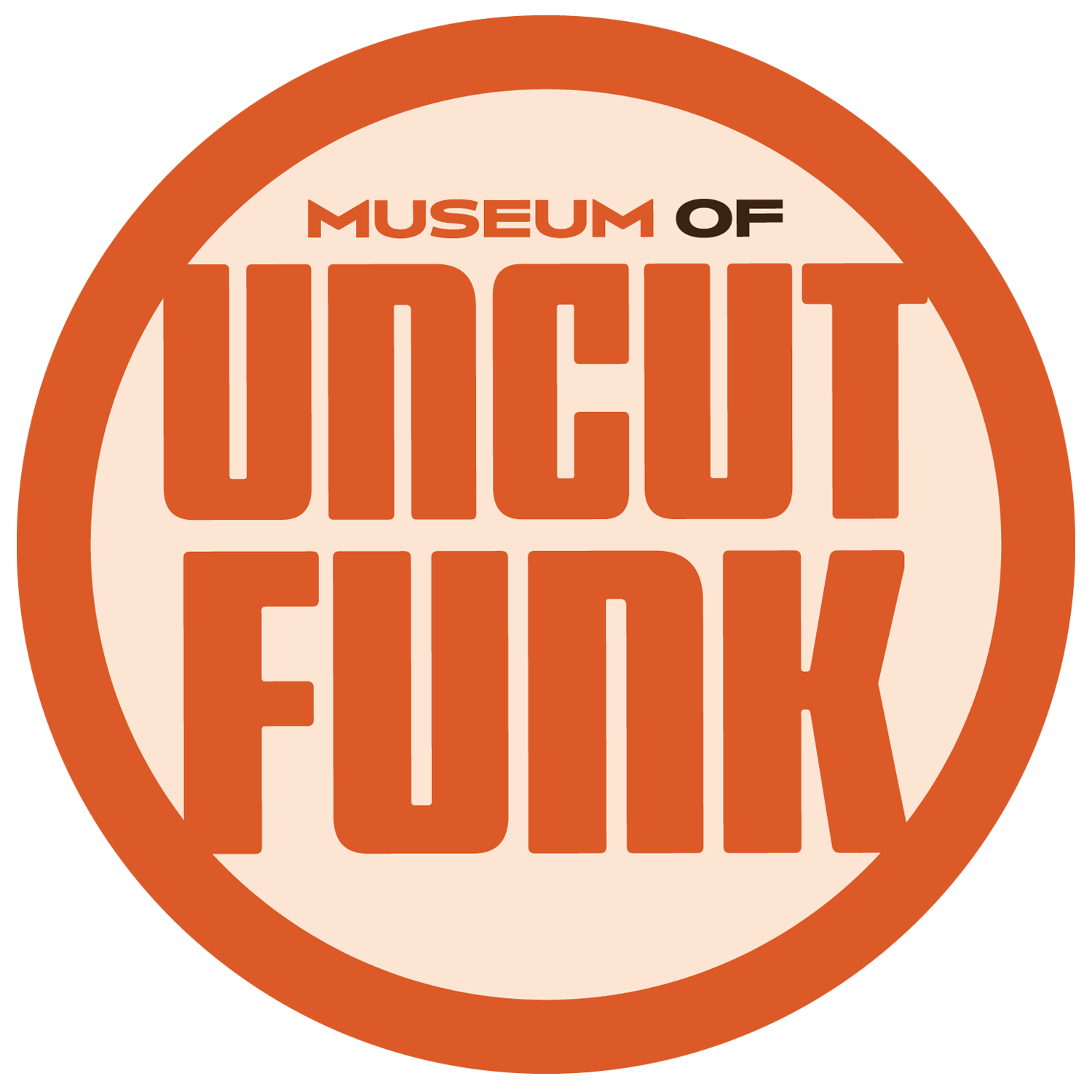Earlier this year, I posted portions of an article originally published through the blog insideplaya, about D’Angelo. A tough love piece, it rendered facts about the business of the music industry, the legacy of FUNK, and Michael “D’Angelo” Archer’s career.
Insideplaya’s latest item on the artist, takes stock of current events as it discusses the relevance, of “Black Messiah” in a glowing review. Hearing the title with no explanation, one’s first thought naturally may lend to D referring to himself, as the second coming. Our musical hero told Billboard magazine, he titled his new release ‘Black Messiah’ because he feels everyone should strive to be that, especially in these troubling times.
I like the album, and believe it undeniably states, that D’s flavor is absolutely Funky. Here’s inside playa’s take, published 12/ 17/ 14…
“Funky Black Rebel”
Interesting moment we’re living through; just last weekend, Chris Rock returned to the big screen with his self-written and directed starring vehicle “Top Five”, a sweet, funny and romantic tale that co-stars Rosario Dawson, and has been deeply influenced by Chris’ love of Woody Allen films. My love of Woody Allen films has given me the lens to see Chris’s work in its proper light, and I have to recommend ‘Top Five” wholeheartedly. Not surprisingly, audiences are responding enthusiastically and have given the top banana two thumbs up to the tune of a $7million opening weekend-good enough to place it in the top five of all films that played last week in the US.
Sunday night, I finished reading an excellent book by former Huffington Post editor, Marcus Baram. His debut effort is a biography on the activist, poet, blues, jazz and soul man, Gil Scott-Heron entitled, “Gil Scott-Heron: Pieces of a Man” and it’s stellar. It is the perfect companion to Scott-Heron’s own 2012 memoir “The Last Holiday”. Baram’s book gives great insight into Gil’s eccentric ride in the music business, and his battles with commercial and corporate expectations, family responsibilities, the press, band mates and addiction. It also gives political, cultural and historic context to Scott-Heron’s poetry and political activism. It is a must read for these revolutionary times that we’re living through.
The day before I finished Baram’s book, word of another troubled Black genius came across my Facebook newsfeed, Bad Boy/Soul Man, D’Angelo has returned to the fray with a flurry of excitement. News of his first full – length studio project in 15 years broke the Internet when “Sugah Daddy”, a set up track from “Black Messiah”, the highly anticipated album, was made available for streaming, and as a free download for a limited time. The buzz was deafening, I followed, and I went to hear it.
I’d heard “Sugah Daddy”, when I last saw D’Angelo perform, he was here in Charlotte, and he came through in September of 2012 as an opener on a Mary J. Blige tour in support of her “My Life II” project. D played “Sugah Daddy’ Black arts of Blues, Gospel and Soul,that night, and later at an impromptu backstage meeting with D and veteran Soul Music player, Alan Leeds, I expressed my support for “Sugah Daddy” as a lead single. My thinking was that even though it may not be a home run radio charter, it would serve well as a set up single. I remember saying, “Stop bullshitting, put the mother fucker out.” We all laughed at how easily my old promotion man’s humor and swagger could be called upon in the right circumstances.
Swagger and humor that I earned during my battles in the radio wars. You see, I spent nearly a decade as a promotion man during the period when Hip Hop bubbled up from the underground, and became Black oil for the corporate multi-nationals. After that, I became an A&R man, the A&R man who signed D’Angelo to his first record deal. The one who rocked with him during the writing of his masterwork, “Brown Sugar”. So you see, I’m somewhat familiar with the “D’Angelo sound” and its roots.
It starts in the South and in the Black church. His granddaddy was a preacher, and his daddy was too, D was the director of the Senior Choir at his granddaddy’s church at the age of seven. All churches have hierarchies and Black churches are no different. The senior choir in a Black church is populated with the voices that are most steeped in the Black gospel tradition and feeling. They are entrusted to deliver all the show stopping, house quaking, spirit invoking hymns on the Sundays they sing. Usually, after they have made a joyful noise, the collection plate gets passed around, and if they have done their job well, the congregation will shell out the cash in support of the lord. When you witness this as a young child, the connection between purity of expression, art and commerce is forever embedded in your psyche.
Like Gil Scott-Heron, D’Angelo is a gifted southerner who is deeply steeped in the Black arts of Blues, Gospel and Soul, and his “Black Messiah” reflects it. Also like Scott-Heron’s work, it reflects his disdain for corporate interference, and commercial considerations. The album is deep, Black, funky, exquisitely performed and confused. It has no clear direction and the songs are sung with muted and inaudible vocals. Lyrics have surfaced on various sites on the Internet – somebody over at RCA is really thinking. The project has inspired online debate as to whether or not it is an instant classic, unfinished or even good. As my friend Chris Rock shared with me, “It’s a beautiful mess”. I would agree. Projected sales have been quoted at the 100,000 mark. D’Angelo, and all of the attendant controversy that comes with him, is back.
In May of this year, here on this blog, I wrote an open letter to D that (amongst other things) chided him for fostering a hoax on the public as the self-anointed “future of the funk”. I stand corrected; he is funk’s last best hope of survival. “Black Messiah” is a miracle born out of resistance to corporate interference and an unwillingness to assimilate into a Black Music market place filled with compromised synth based juvenile love songs, and pre-fab white rappers. It is the music of struggle, of pain and woe. It is uncompromisingly and authentically Black, and quite funky.
Many have inquired about my thoughts. Frankly, it is not a record that I would have helped him make. As a creative businessman with an ear to the street and an eye on the bottom line, it would have been irresponsible to encourage an artist to release a record in this form. However, I may have been wrong. Part of what an A&R man must do is to support courageous experimentation. In this regard, apparently, D’Angelo’s courage knows no bounds, and his uncompromising resistance to creative guidance may pay off well. And this may be the ideal soundtrack for the chaotic and unpredictable moment that we are living through. I hope it ends differently for him than it did for Gil.
Aforementioned blog previously published… https://museumofuncutfunk.com/2014/05/30/an-open-letter-to-dangelo-truth-revisited/
For the Love of D’Angelo
c-dub
